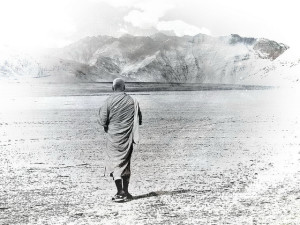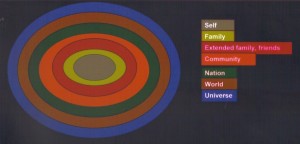
Strength does not come from physical capacity. It comes from an indomitable will.
I just finished reading Mahatma Gandhi’s autobiography, My experiments with truth. Not sure why I did not get to it sooner, but I am so glad I finally did. Reading it has been delightful and inspirational. Amidst a global shortage of leadership role models, revisiting Gandhi’s life offers rich lessons towards creating a more meaningful life.
He once famously remarked ‘My life is my message’. Indeed, his life, values and ideals raise the bar for every human being on what’s possible and what to strive for. Here are my five personal life lessons from the book. Notwithstanding his unmatched contribution to India’s independence, these lessons draw on Gandhi’s life journey– the man that he was.
1. Relentless search for truth
There is no God higher than truth.
First and foremost, Gandhi led a life driven by a strong sense of purpose. He was a lifelong seeker of the truth about life – the deepest principles that govern life and make it meaningful.
His strong personal beliefs around self-control, acceptance, equality, love and non-violence were not based on an intellectual understanding of the ideas. They were founded on personal trials, tribulations and experiences that he chose to put himself through – so that he could get closer to the truth. Through his life, he continued to experiment, learn and refine his beliefs and was unabashed in pursuing them irrespective of what people around him thought.
He voraciously read about all religions and philosophies. For him, morality and being truthful, in actions as well as thoughts, were critical foundations towards building a purposeful life. He had immense faith in the power of the universe (God) to support those living a principled life – he narrates several personal experiences as proof.
This brings home the relevance of living by strong values and principles in life. What core principles do you live by that are non-negotiable under any situation? How often have you let convenience get the better of truth?…













